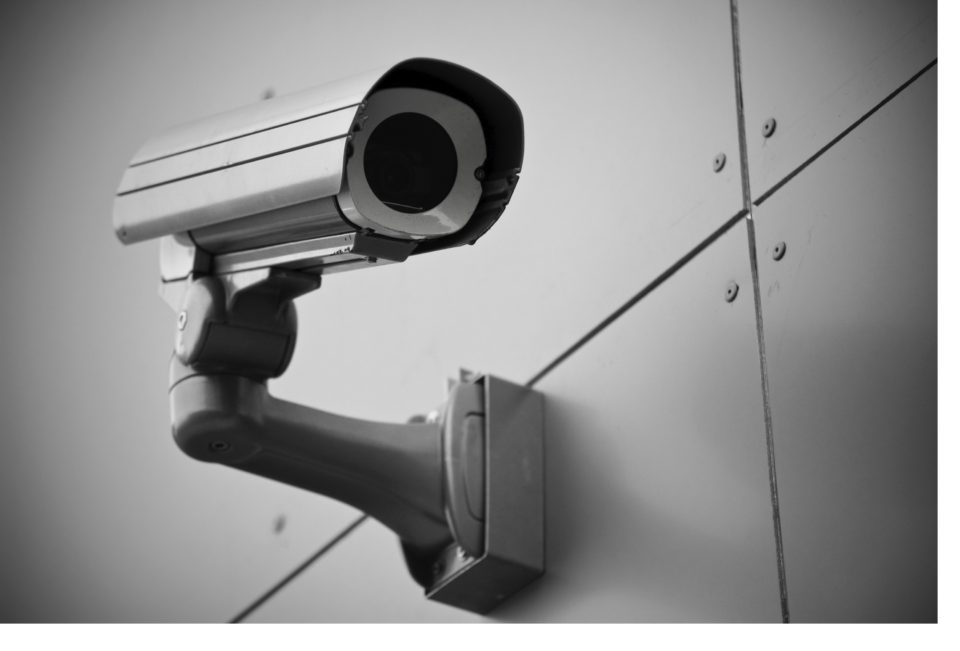
 The House of Representatives Committee on the Close Circuit Television Cameras (CCTV) has disclosed that about N3 billion is required to fuel base stations across the country.
The House of Representatives Committee on the Close Circuit Television Cameras (CCTV) has disclosed that about N3 billion is required to fuel base stations across the country.
A member of the panel, Hon Oghere Emma Egoh, told Daily Trust during an inspection of installation sites in Lagos yesterday.
The House of Representatives had recently directed its committees on information and communication technology (ICT), public safety and national security to probe the failure of ZTE Corporation to execute contract for the installation of CCTV Cameras, in Abuja and Lagos, years after it was awarded by the federal government.
The contract was for the Chinese telecommunication giant to install 2,000 digital solar powered cameras, (1,000 each for Abuja and Lagos), 37 switch rooms, MW backbone, 37 coalition emergency response system, 38 video conference subsystems, 37 e-police systems, six emergency communication vehicles and 1.5 million subscriber lines, designed to be funded by the federal government and the China Export Bank.
Egoh said: “We have carried out some random sampling and we have seen that the cameras are actually in place but what is appalling is that everywhere is quiet, none of the equipment has been put into use because there is no diesel to power the equipment.
“We have been told that fueling will cost about N3 billion annually across the country. I see this as being on the high side, but if we can get electricity right, the problem will be half solved,” he said.
He said that for a project that was worth N90 billion, ideally, nothing should prevent it from working to add value to the people.
Mr Kevin Fan, the Deputy Managing Director of ZTE who conducted the committee members round the installation sites in Ikeja, Alausa and
Shomolu, disclosed that the company handed over the project to the Ministry of Police Affairs, regretting that some of the equipment had been vandalised, while others required outright replacement
He said: “The batteries, for instance, have a shelf life of two to three years and they have been redundant since installation.”
Fatai Owoseni, the Lagos State Police Commissioner, who also had audience with the panel, said the police were not involved in the project.
He said: “As we speak, we do not have control of the equipment, even when the whole idea was to primarily aid our job.”
